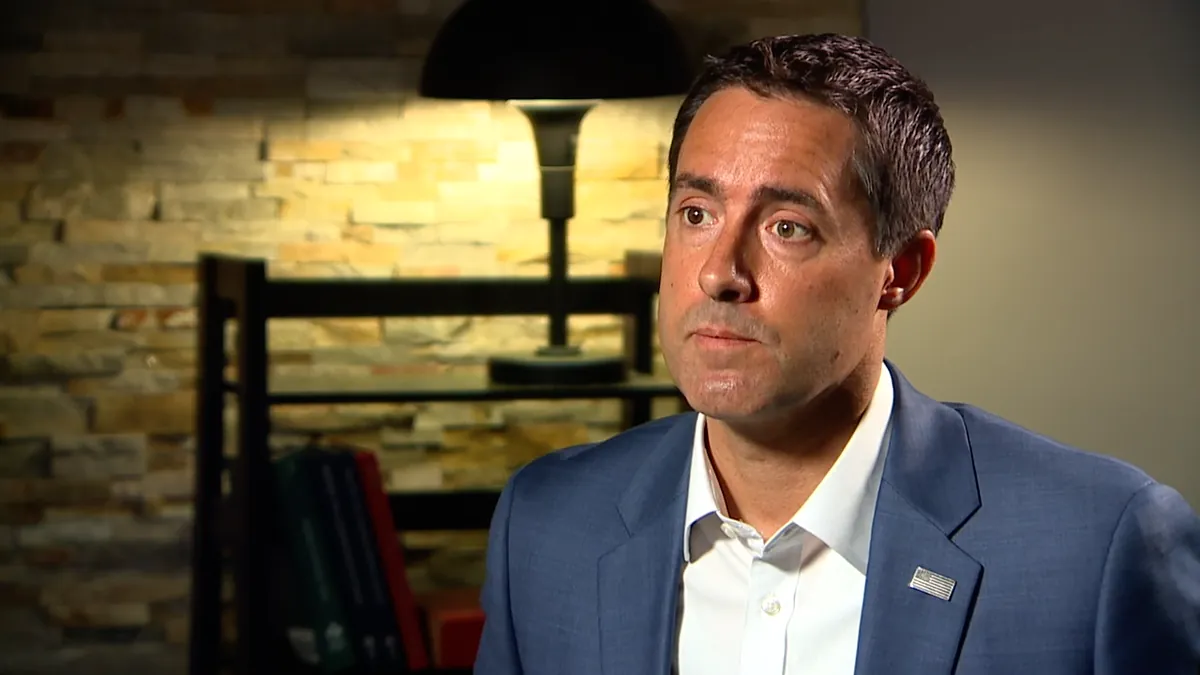In a recent development from the "Buckeye State," Frank LaRose, Ohio's Secretary of State, has referred 597 cases of potential noncitizen voter registration or voting for possible prosecution. This action comes as part of the state's ongoing efforts to maintain the integrity of its electoral process.
The cases, identified during a routine review, include 138 instances of alleged voting and 459 of registration without voting. While this number represents an increase from previous years, it remains a minute fraction of Ohio's electorate, which boasts over 8 million registered voters.
Ohio, which joined the Union in 1803 as the 17th state, has a rich political history, having produced seven U.S. presidents. This ties it with Virginia for the most presidential natives, earning Ohio the nickname "Mother of Presidents." The state's current focus on voter eligibility reflects its ongoing commitment to democratic processes.
LaRose, a Republican, has emphasized that this year's citizenship verification efforts are the most comprehensive to date. The process involves cross-referencing data from various sources, including the Ohio Bureau of Motor Vehicles, Department of Homeland Security, and Social Security Administration.
"Our citizenship verification efforts this year are the most comprehensive the office has ever undertaken."
This initiative aligns with the broader Republican campaign messaging for the 2024 presidential election, which has placed significant emphasis on preventing noncitizen voting. However, it's worth noting that historically, only a small number of such cases typically result in prosecution.
Earlier this year, LaRose conducted an audit of the state's voter registration database, resulting in the removal of 154,995 registrations deemed inactive for at least four consecutive years. This action drew criticism from civil rights organizations, who viewed it as a form of voter suppression.
Ohio, known for its diverse landscape and cultural contributions, is home to several notable institutions, including the Rock and Roll Hall of Fame in Cleveland and the Pro Football Hall of Fame in Canton. While these attractions celebrate the state's cultural heritage, the current focus on voter eligibility underscores the complex interplay between civic participation and legal requirements in modern democracy.
As the 2024 presidential election approaches, Ohio's electoral processes will likely remain under scrutiny. The state, with its unique non-rectangular flag and rich political history, continues to play a significant role in shaping national conversations about voter eligibility and electoral integrity.
